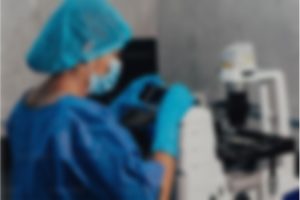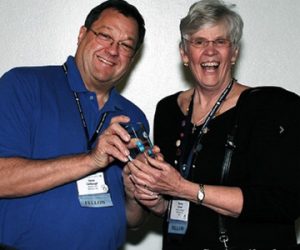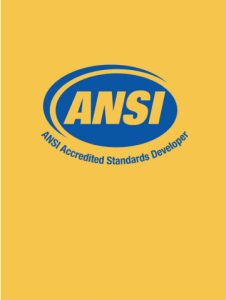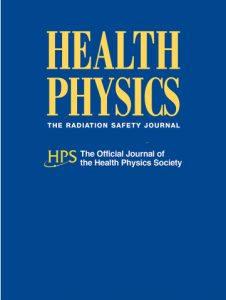Answer posted on 20 March 2017. The information posted on this web page is intended as general reference information only. Specific facts and circumstances may affect the applicability of concepts, materials, and information described herein. The information provided is not a substitute for professional advice and should not be relied upon in the absence of such professional advice. To the best of our knowledge, answers are correct at the time they are posted. Be advised that over time, requirements could change, new data could be made available, and Internet links could change, affecting the correctness of the answers. Answers are the professional opinions of the expert responding to each question; they do not necessarily represent the position of the Health Physics Society.

- Chapters
- Sections
- Committees
- Academic Education Committee
- Accredited Standards Committee N13, Radiation Protection
- Accredited Standards Committee N43, Equipment for Non-Medical Radiation Applications Committee
- Awards Committee
- Continuing Education Programs Committee
- Executive Committee
- Finance Committee
- Government Relations Committee
- History Committee
- History of LNT Video Series Task Force
- HPS Research Needs and Education
- International Collaboration Committee
- Intersociety Relations Committee
- Liaisons to Other Organizations
- Membership Committee
- Mentorship Committee
- Nominating Committee
- Professional and Ethical Conduct Committee
- Program Committee
- Public Information Committee
- Rules Committee
- Science Support Committee
- Scientific and Public Issues Committee
- Society Support Committee
- Standards Committee
- Student Support Committee
- Title Protection Committee
- Website Development Planning Task Force
- Careers
- Donate
- Chapters
- Sections
- Committees
- Academic Education Committee
- Accredited Standards Committee N13, Radiation Protection
- Accredited Standards Committee N43, Equipment for Non-Medical Radiation Applications Committee
- Awards Committee
- Continuing Education Programs Committee
- Executive Committee
- Finance Committee
- Government Relations Committee
- History Committee
- History of LNT Video Series Task Force
- HPS Research Needs and Education
- International Collaboration Committee
- Intersociety Relations Committee
- Liaisons to Other Organizations
- Membership Committee
- Mentorship Committee
- Nominating Committee
- Professional and Ethical Conduct Committee
- Program Committee
- Public Information Committee
- Rules Committee
- Science Support Committee
- Scientific and Public Issues Committee
- Society Support Committee
- Standards Committee
- Student Support Committee
- Title Protection Committee
- Website Development Planning Task Force
- Careers
- Donate





